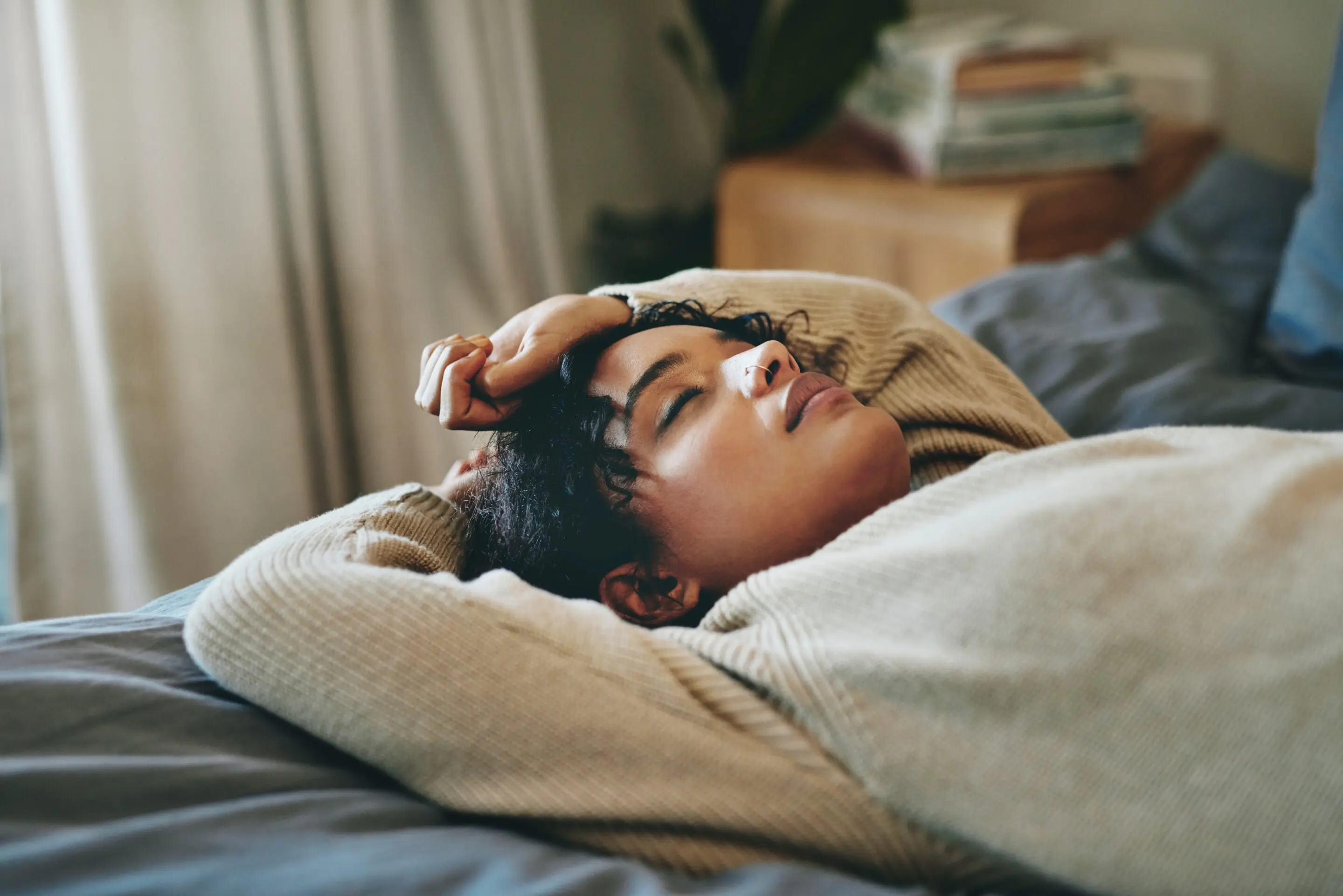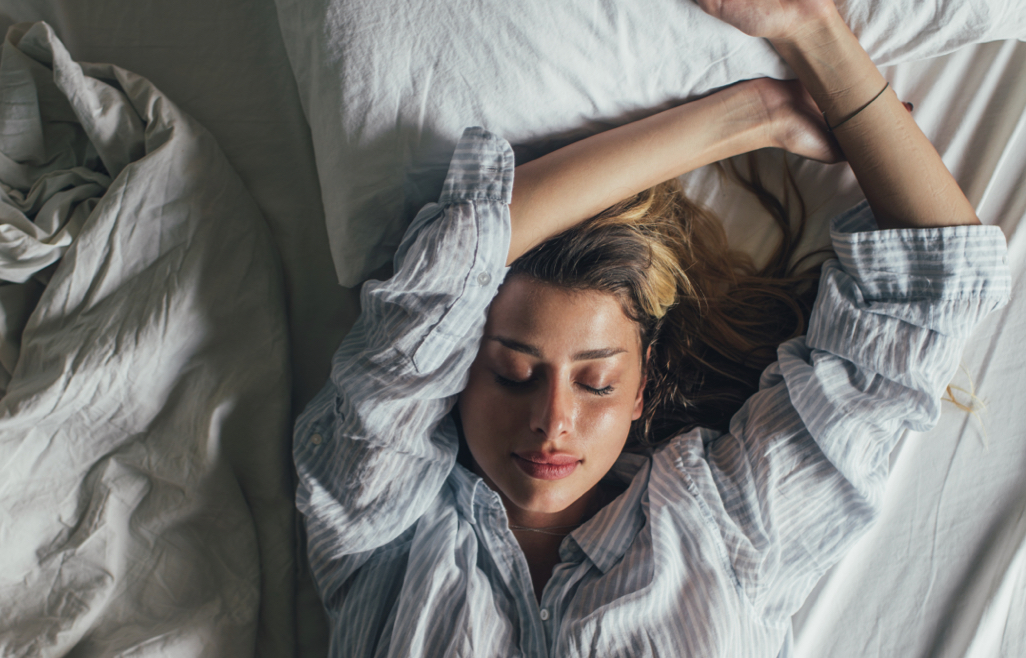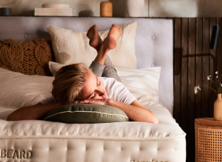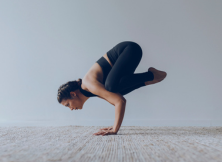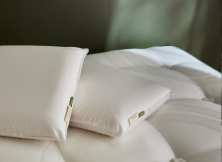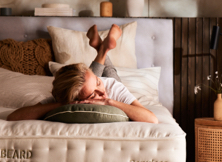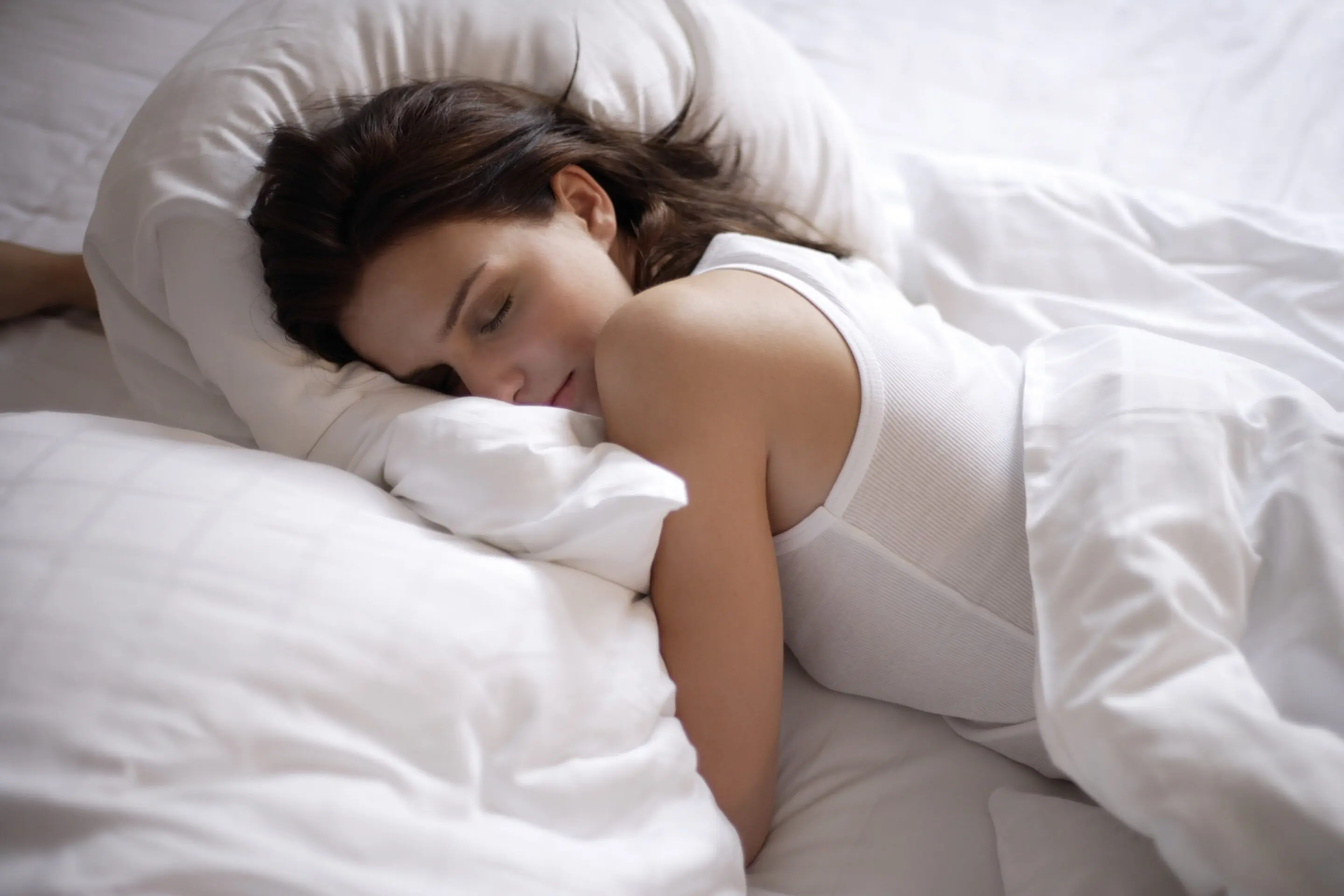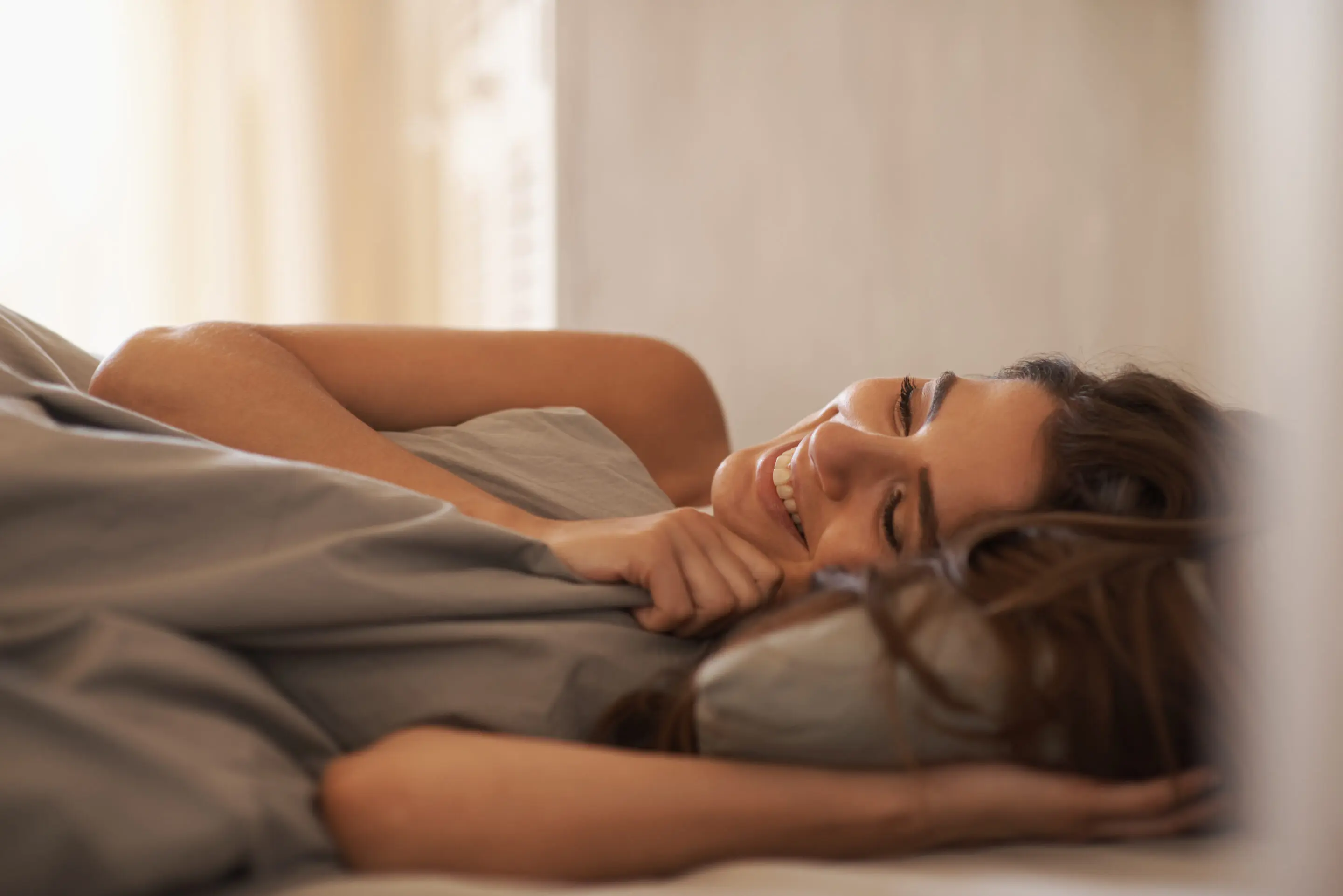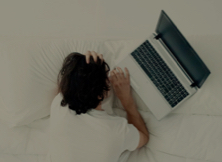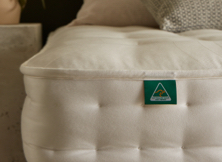When we get the sleep we need on a regular basis we are healthier, happier, more motivated and dynamic, better thinkers, and are more likely to eat and exercise well. But what happens if you’re stuck tossing and turning when it’s time to sleep? What you do — and don’t do — at bedtime and even in the hours before you turn in, can affect how you look and feel when you wake. Discover some surprising ways that you might be sabotaging your shuteye in the hours leading up to bedtime.
You eat dinner too late
Eat right, but not right before bed! Late work hours can lead to late-night dining. But eating a meal right before bed activates your digestive system and therefore may result in a restless sleep. Going to bed with a full stomach makes you seven times more likely to suffer from uncomfortable issues like acid reflux or heartburn that can keep you awake.
Time your evening meal to finish at least three hours before bedtime. Dinner should be the smallest meal of the of the day. ‘Eat breakfast like a king, lunch like a prince and dinner like a pauper’. Eat regular, smaller meals throughout the day, this will give your body time to digest so it’s not working too hard at night. Here are the top Five foods to eat before bed.
You watch TV in bed
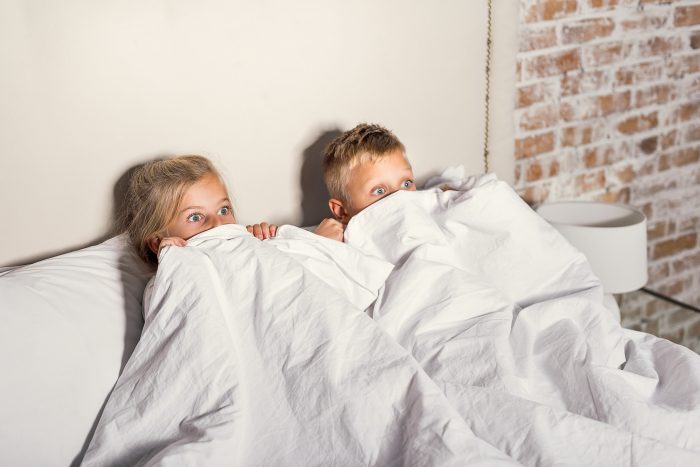
Not only does the availability of endless episodes mean serious temptation to keep watching past your bedtime, but the blue light that the TV emits can disrupt your body’s natural melatonin production, making it harder to fall asleep when it’s time.
You go to sleep with your smartphone
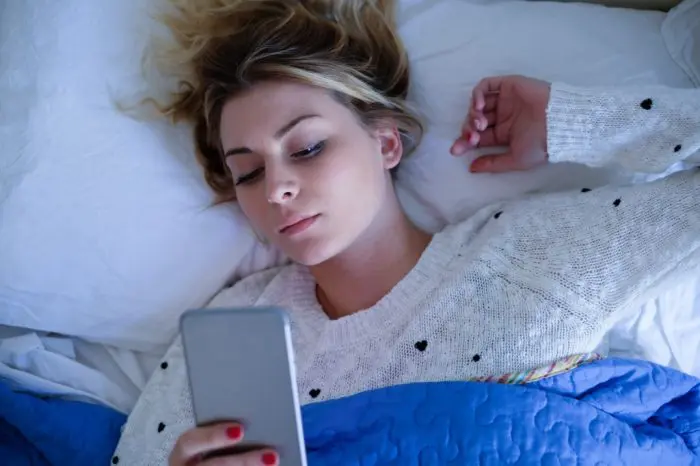
You’ve probably heard about how technology is bad for sleep. Staring at blue light emitting devices such as televisions, computers, tablet PCs and smart phones can all reduce the production of melatonin (our natural sleeping hormone) at night, causing increased sleeping difficulties and more daytime drowsiness.
But that’s not the only reason they can disrupt sleep. Checking your e-mail or scanning Facebook or other social media sites before bed can be a recipe for getting riled up with work stress or political posts—none of which is conducive to restful sleep. The best way to improve sleep is to turn off all gadgets about an hour before bedtime. If you don’t trust yourself not to take a quick peek, leave your phone or tablet outside of the bedroom.
Late night snacking
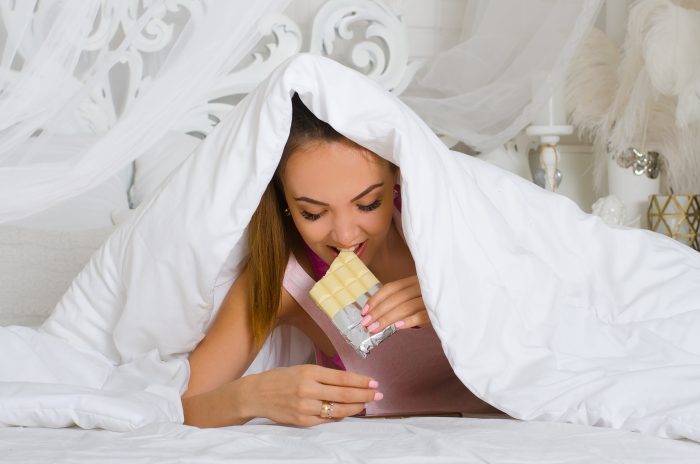
Munching on biscuits may seem innocent enough, but all that refined sugar can take a toll on your sleep. To limit snacking, eat regular, smaller meals throughout the day. If you need a snack before bedtime try bananas, almonds, cherries or some crackers with peanut butter, cheese or hummus. Certain foods calm your nervous system and trigger a sleep-inducing hormonal response, helping you rest better. Foods with excess sugar can cause middle-of-the-night awakenings. And that sets the stage for bleary-eyed mornings.
Hidden caffeine

No doubt you’ve been told that cutting out caffeine is the key to a good night’s sleep so why drink coffee or treat yourself to that chocolate bar right before bedtime? Even if you drink a latte six hours before you tuck in, caffeine can impact your slumber for up to 7 hours. Steer clear of caffeine including chocolate, nicotine, and alcohol in the evening. All of these can pep you up and interfere with your ability to fall asleep. And don’t think you’ll be safe if you sip on decaffeinated drinks either—decaf coffees, sodas, and teas still contain a bit of the stimulant. Try soothing chamomile or lemon balm tea in the afternoon or evening instead.
You leave your workout until late

You may think that exercising will wear you out and put you in good stead for sleep, but you’d be wrong. Avoid vigorous exercise in the three hours before bedtime. It is the dropping in heart rate and body temperature that makes us ready for sleep. A high-rate close to bedtime will keep you awake. The golden hours to exercise are between 5 and 7pm. This is because it raises your body temperature, allowing it to start falling just as you’re getting ready for bed. The only exception is doing some gentle stretches or yoga moves which can help you relax and drift off. Why yoga will put you to sleep.
For sleeping tips and suggestions on how to improve the quality of your sleep continue browsing our blog.
